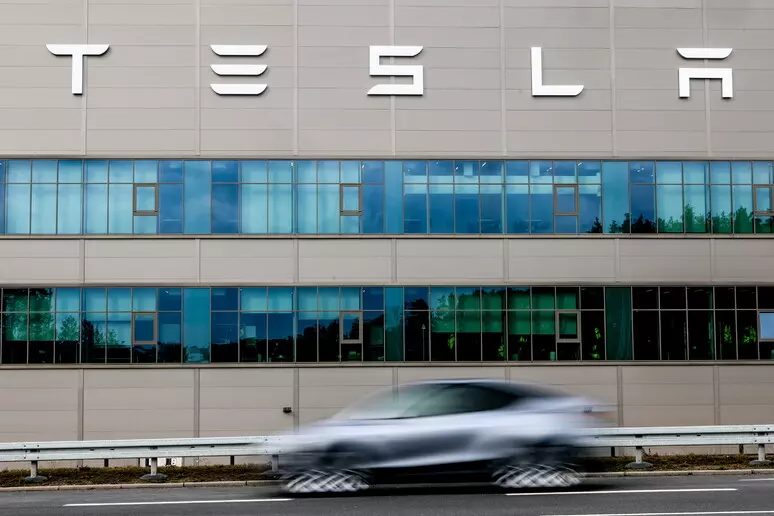A Texas energy supplier is accusing Tesla of refusing to settle a debt exceeding $2 million, related to fuel deliveries made to the production plant in Austin. The dispute, which dates back almost three years, has turned into a legal case that highlights internal management difficulties at the car manufacturing organization, exacerbated by staff turnover and complicated bureaucratic processes.
Sun Coast Resources, based in Houston and operating in 49 U.S. states, has blamed the brand for raising unfounded procedural issues to justify the failure to settle invoices for fuel, even though the company has always provided the requested documentation, often multiple times. The lawsuit states that Tesla has found a series of excuses, continuously delaying payment for goods received.
According to the legal filing submitted on April 16 at the Harris County court, the Texas company has had to deal with constant changes in Tesla’s staff, who reassigned the case several times without ever resolving the issue. Despite this, Sun Coast promptly responded to all of the company’s requests and provided the information in every required format.
Tesla, for its part, has not denied receiving the fuel but has sought to justify its non-payment with a series of procedural reasons. Specifically, that the suppliers did not meet the necessary requirements for presenting the financial documents.
The spreadsheet submitted as evidence in court by Sun Coast indeed shows unpaid invoices dating back to January 2023. The lawsuit also notes that after a series of meetings with lawyers and representatives, Elon Musk’s company promised to respond to the payment requests but has never actually settled the debt.
This case comes amid a turbulent period for Tesla, which is facing numerous consumer criticisms and increasing political and economic pressure. Recently, the company suffered a significant backlash, partly due to political statements made by its founder, Elon Musk, which have sparked negative reactions in the public opinion.
The dispute also highlights the delicate balance between suppliers and the automaker, which, despite its global expansion and increasing production of electric vehicles and battery devices, appears to be facing logistical difficulties that could further damage its reputation.












